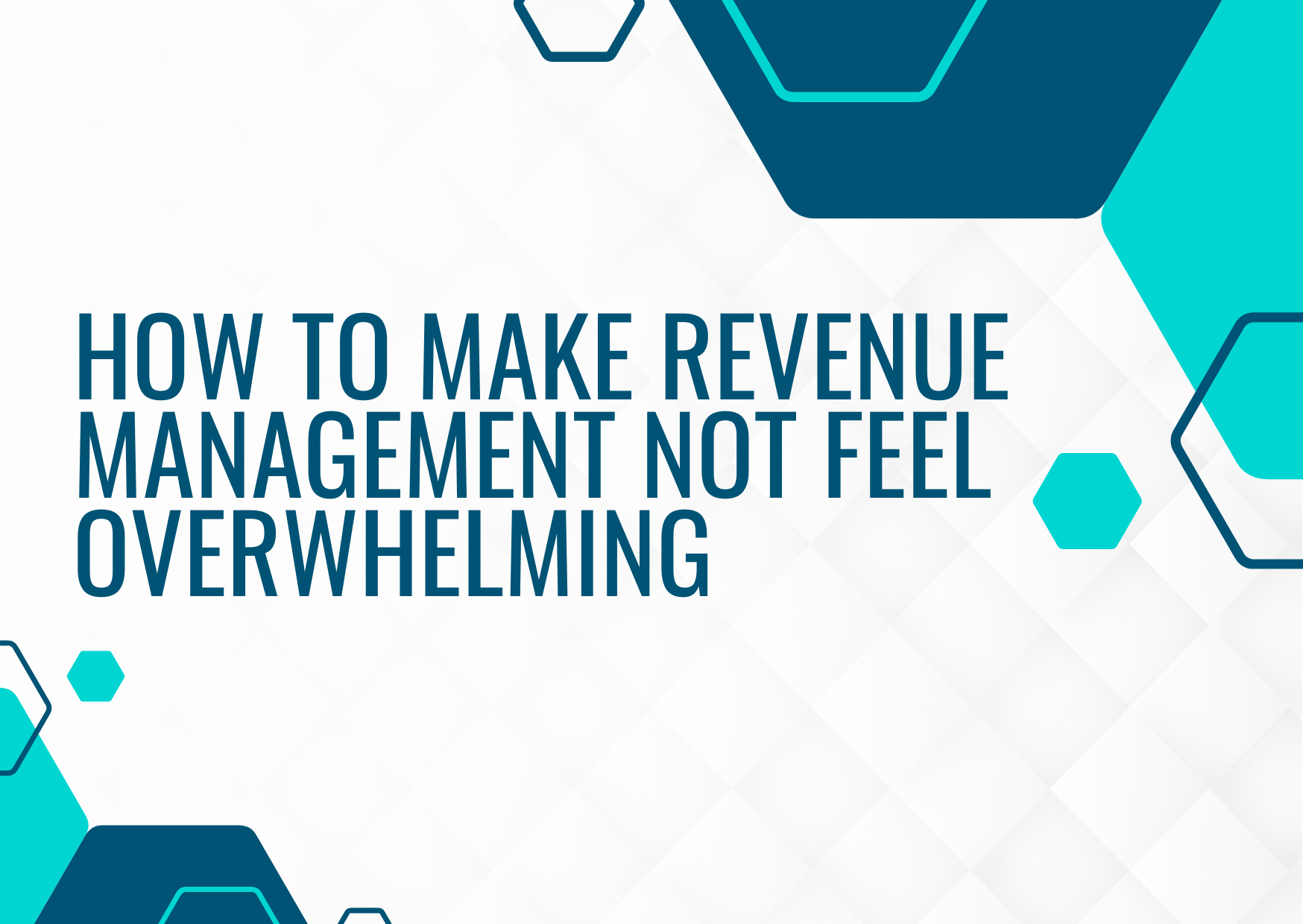
How to Make Revenue Management Not Feel Overwhelming
Please login or sign up to view this content.

Please login or sign up to view this content.
As a rising leader in the vacation rental industry, Rebecca Ballart has over two decades of dedication to client success. Rebecca’s career has been defined by a commitment to excellence, consistently setting a high standard across every project and partnership. She serves as Founder and Chief of Staff at Happy Guest, an innovative platform enhancing guest experiences by streamlining check-ins, automating operations, and increasing host revenue through strategic upsells. She also serves as Chief Operating Officer at Rev and Research, a global revenue management and operations consulting firm using innovative insights and data-driven strategies to manage client portfolios generating over $100 million annually. Rebecca has assisted with exceeding revenue goals for thousands of properties and has built efficient, scalable operational systems that empower teams to deliver exceptional service. Her consulting approach combines industry expertise with hands-on application to create tailored, impactful strategies that drive sustained growth for her clients’ businesses.
Comments